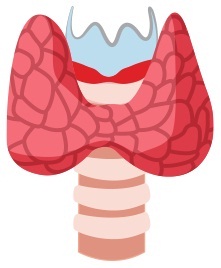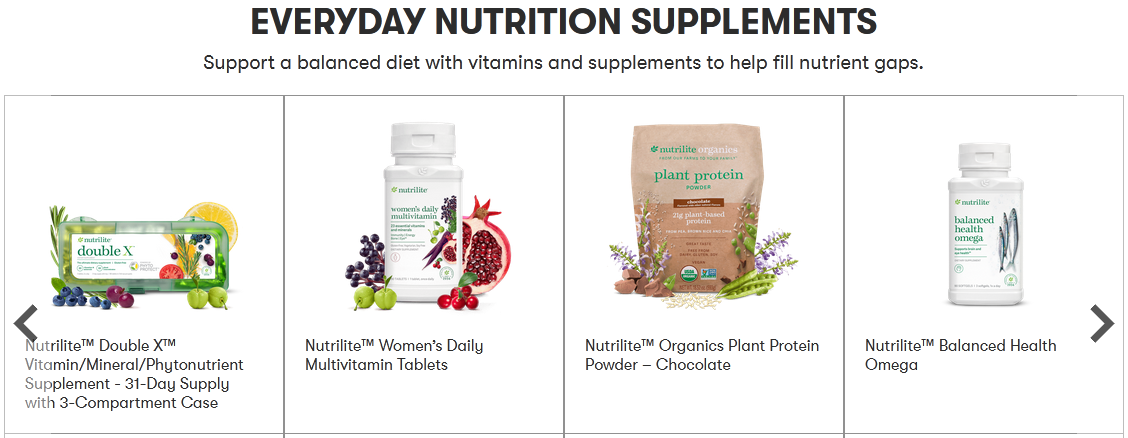Discovering the Thyroid Gland:
Your Body's Little Powerhouse
The thyroid gland is an important part of your body that sits in your neck, just below the Adam's apple. It looks like a butterfly with two wings connected by a small part called the isthmus.
Its main job is to make hormones that act like traffic controllers, telling your body how to work. These hormones help with things like energy levels and how your organs function.
In a nutshell, the thyroid is crucial because it keeps everything in your body running smoothly!

What is the Thyroid Gland?
The thyroid is a small, butterfly-shaped gland in your neck. It's like a control center for your body's metabolism, growth, and energy production.
Hormones and Their Job:
The thyroid makes two main hormones: T3 and T4. Think of these as messengers that tell your body how fast to work. They affect everything from your heart rate to how you use energy.
These hormones may sound like secret codes, but they're the unsung heroes of your body, responsible for telling different parts what to do.
Meet T3, the three-atom superhero, and T4, with its four-atom power. Together, they form a dynamic duo, influencing everything from how much energy you have to how fast your heart beats. It's like they have a secret mission to keep your body in perfect balance.
So, the next time you feel full of energy or notice your heart beating a little faster, remember it's your thyroid hormones doing their superhero job, making sure everything in your body runs smoothly. They're like the captains of a team, ensuring everyone works together like a well-oiled machine. These hormones may be small, but their impact on your body is enormous!

Iodine Connection:
The thyroid gland needs iodine, a mineral found in some foods, to make these hormones. If you don't get enough iodine, it can lead to problems with your thyroid.
Here are some foods that are good sources of iodine:
- Seafood: Fish and other seafood are excellent sources of iodine. Seaweed, in particular, is known to be rich in iodine.
- Dairy Products: Dairy foods, such as milk, cheese, and yogurt, can provide a good amount of iodine.
- Eggs: Eggs, especially those from hens fed with iodine-rich feed, can be a source of iodine.
- Iodized Salt: In many countries, salt is fortified with iodine to help prevent iodine deficiency. Using iodized salt in your cooking can contribute to your iodine intake.
- Iodine-Fortified Foods: Some processed foods, like certain types of bread, may be fortified with iodine.
- Fruits and Vegetables: While the iodine content in fruits and vegetables depends on the iodine content of the soil they are grown in, these foods can still contribute to overall iodine intake.
It's essential to note that the amount of iodine in food can vary depending on factors such as geographical location, farming practices, and processing methods. If you have concerns about your iodine intake or if you suspect an iodine deficiency, it's advisable to consult with a healthcare professional for personalized advice.
How It Works:
The thyroid gland operates like a sophisticated messaging system in your body, with the brain playing the role of the commander. When your body needs adjustments, the brain sends messengers, TRH and TSH, to the thyroid, located in your neck.
This superhero gland then transforms iodine into T3 and T4 hormones, acting as messengers that travel throughout your body, directing organs and tissues on how fast to work. Once the mission is accomplished, a feedback loop ensures balance, creating a harmonious dance between the brain and thyroid.
It's this intricate system that regulates energy levels, heart rate, and metabolism, ensuring your body functions at its best.
What Can Go Wrong:
- Hypothyroidism: When your thyroid doesn't make enough hormones. This can make you feel tired, gain weight, and be sensitive to the cold.
- Hyperthyroidism: When your thyroid makes too much hormones. This can make you lose weight, feel jittery, and have a fast heartbeat.
- Goiter: When the thyroid swells up, often due to a lack of iodine or other thyroid issues.
How It's Checked:
Checking your thyroid health involves a simple but effective process. Doctors act as vigilant inspectors, primarily using blood tests to assess the levels of key players: TSH, T3, and T4.
These tests provide a comprehensive snapshot of how well your thyroid is producing and releasing hormones. In some cases, doctors may also employ imaging techniques like ultrasound or radioactive iodine scans to get a closer look at the thyroid's structure and functionality.
Through these meticulous checks, healthcare professionals can ensure that your thyroid is in tip-top shape, and if there are any irregularities, they can intervene promptly, keeping your body's messaging system finely tuned and in optimal working order.
Your thyroid is a key player in keeping your body running smoothly. It releases hormones that tell your body what to do. If things get out of balance, it can cause problems, but doctors can check and fix it with some straightforward tests.
Remember, if you ever feel something is off with your body, it's always a good idea to talk to a healthcare professional. They can help figure out if your thyroid or something else might be causing the issue.

